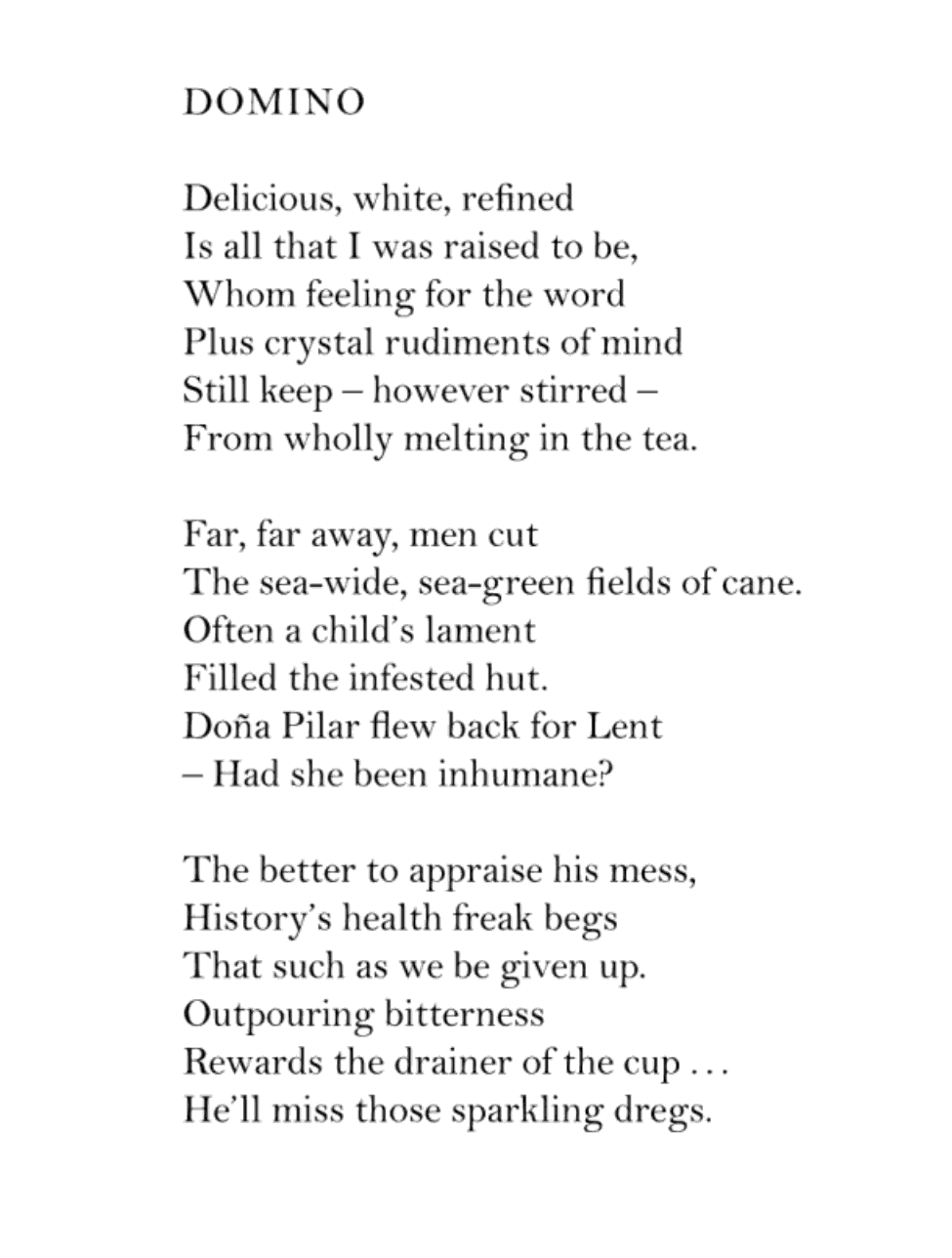I’ve got a new essay out on James Merrill, Gary Snyder, and the powers/muses/gods that speak through poetry.
I play the two with/off each other, and even give Snyder the last word—but of course I much prefer the witty, urbane, goofy Merrill, one of the real gay geniuses to the often dour and hectoring hetero Snyder. If you haven’t read Merrill’s Book of Ephraim, or the rest of Divine Comedies, or his memoir A Different Person, you’re missing out on peaks of American literature. He is what Auden should have wished to be.
In an earlier and longer version of the essay, I had a comparison of how the two poets talked about their whiteness—Snyder has insane poems from the 60s about wanting to murder his white imperialist self; Merrill addresses the topic thus:
Separated at birth?
“Domino” is for me in the poetry of alluring privilege up there with fellow genius Joni Mitchell singing “W.C. Handy, I’m rich and I’m fey…”. And now that we’ve seen Merrill in his kimono, a poem for the road:
THE KIMONO
When I returned from lovers' lane
My hair was white as snow.
Joy, incomprehension, pain
I'd seen like seasons come and go.
How I got home again
Frozen half dead, perhaps you know.
You hide a smile and quote a text:
Desires ungratified
Persist from one life to the next.
Hearths we strip ourselves beside
Long, long ago were x'd
On blueprints of "consuming pride."
Times out of mind, the bubble-gleam
To our charred level drew
April back. A sudden beam . . .
--Keep talking while I change into
The pattern of a stream
Bordered with rushes white on blue.






This was really good! Never in a million years would I have expected to find you writing about Gary Snyder. I grew up in San Francisco so there were no end of ex-hippies pressing him on you, you are totally right about how dour and preachy he is but I have a lot of affection for stuff like "Smokey the Bear Sutra" and the Cold Mountain poems, where he displays a little bit of a sense of humor (same way I have it for "Howl" and "A Supermarket in California" despite Ginsberg's many annoying qualities). And his Han Shan translations introduced me to classical Chinese poetry, through which I found Pound etc. The Merrill stuff sounds so good, I always was interested in Sandover but wasn't sure if he was just a random crank propped up by Big Modernism -- happy to see that's not the case.